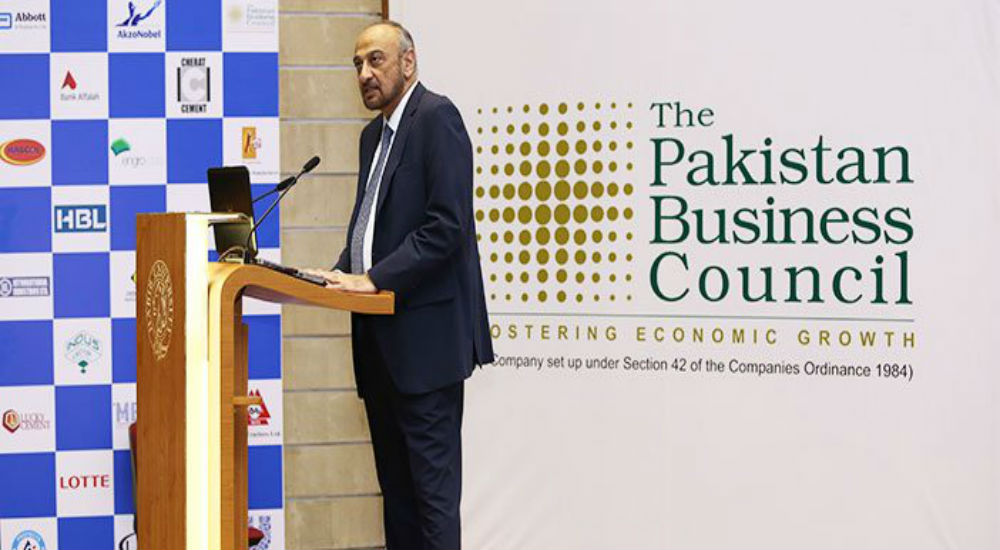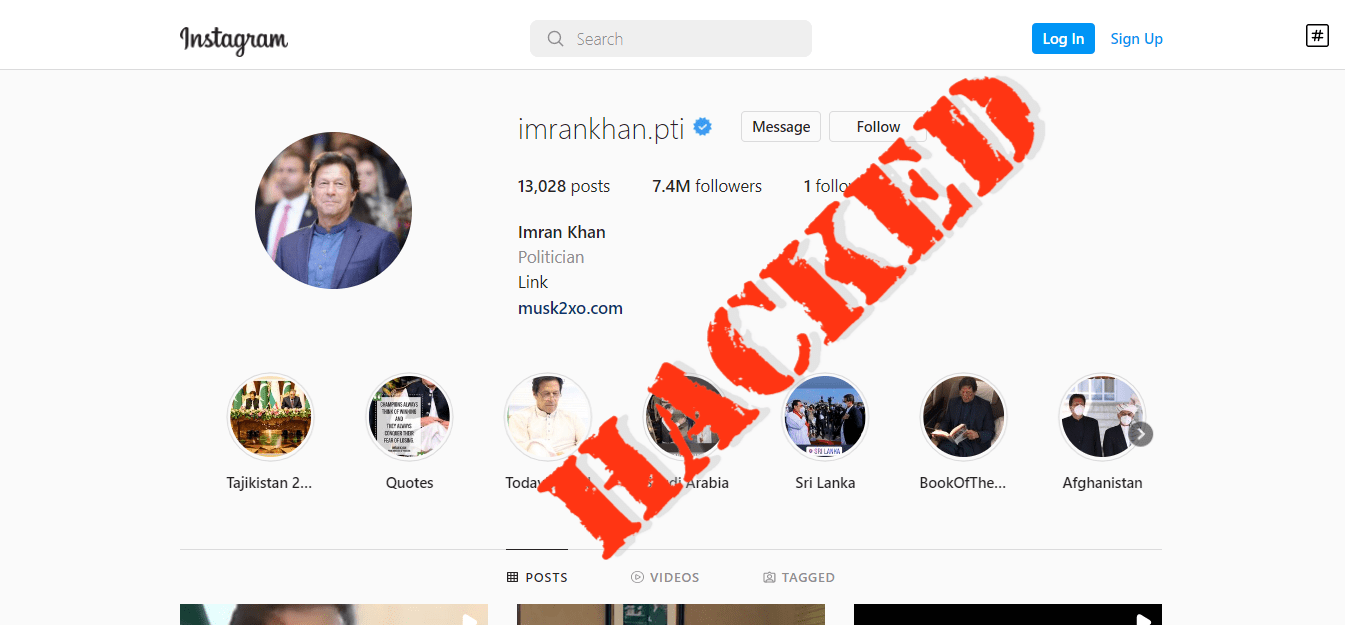On Monday, Pakistan Business Council (PBC) has announced a 100-day economic cheat Sheet for the new elected Government of Pakistan, which is yet to be decided in General elections on 25th of July. The agenda includes some major issues of the industry that needs to improve over the time.
“Under a high-level body led by the Prime Minister and with private sector representation, there is a need to conduct a comprehensive scan of key policies of all ministries which impact the economy; finance, commerce, textiles, industries, power, labor and of the provinces in taxation, education, and agriculture,” said PBC Cheif executive Ehsan Malik
In 100-days agenda, business council first focuses on optimization of tax in Pakistan, almost 52 types of taxes are applied to every industry which makes it difficult for them to operate. Whereas manufacturing industry contributes to 13.5% to country’s GDP and pays 58% of the National tax revenue. To keep a balance it is important to focus more on growth-oriented fiscal policy, other than that Tax rate should be reduced which currently stands at 17%.
As we already know we lack to promote our local industry and mainly focuses on boosting multinational companies, therefore, the unemployment rate is increasing. To create employment opportunities we have to boost our local market and industries that would ultimately intensify exports value. Ehsan also argue that no report or documentation is present on Economy, he suggested that our National databases should keep the income and tax report of every citizen.
Read also: Amazon wants to enter Pakistan by collaborating with Local online stores
Moreover, Pakistan is currently going through a major energy crisis which makes impossible for the industry to work and flourish here, Plus the cost of electricity and gas is twice as compared to other Asian industrial sectors. The high rates affect the export cost by making it expensive, also, another crisis awaits the water shortage. Ehsan said that investment should be made in order to tackle this sensitive issue and focus towards supplementing water not only for drinking but also for agriculture and industrial purposes.
Anyhow, he also discussed other more concerning issues that need to be highlighted.








